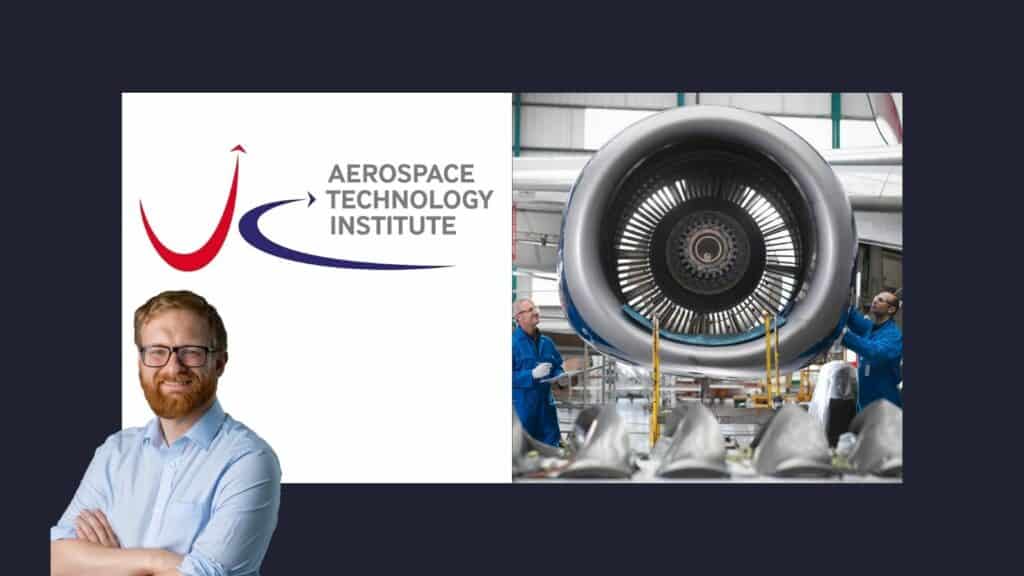Professor Sir Jim McDonald is Principal and Vice-Chancellor, of the University of Strathclyde.
The HE White Paper: Reflections from a Scottish sector perspective
20 May 2016
The publication of the White Paper represents an important moment for the HE sector across the UK.
While Holyrood has devolved authority for education – including universities – we should remember that Scottish HE is part of the wider UK ‘eco-system’ where changes in one part of the landscape can enrich the whole HE scene.
The White Paper has been eagerly anticipated by institutions across Scotland as it lays down fundamental challenges to the sector around research, teaching and innovation – this is welcomed.
Academic progress depends on challenge and counter-challenge and it is appropriate that Westminster seeks to address the shifting global education environment. As US institutions continue to dominate, and HE sectors in South East Asia, Australia and other newer markets continue to strengthen, UK universities find themselves at a crossroads. We cannot rely on reputation alone – we have to ensure we are relevant, and properly resourced, for the 21st century.
The White Paper is a moment for reflection in the sector and there is no doubt that it will have an impact across the UK.
It is heartening to see the Minister’s positive assessment of universities’ contributions in his foreword. The Government’s recognition that the sector is one of the UK’s “most valuable national assets” demonstrates that our role in pushing the boundaries of understanding, growing global competitiveness, shaping the knowledge economy and producing industry-ready graduates is important.
The role of the HE sector in driving economic growth is also well understood by the Scottish Government. The publication of the White Paper coincides with the appointment this week of John Swinney, MSP and Deputy First Minister, as Cabinet Secretary for Education and Skills which includes responsibility for universities. Mr Swinney recognises the crucial delivery role universities play in delivering greater productivity, innovation and internationalisation as key components in achieving inclusive growth and economic prosperity.
While universities in Scotland are funded directly by Holyrood through SFC, a significant proportion of our research funding comes from the UK Research Councils.
The creation of UK Research and Innovation (UKRI) will provide opportunities to ensure that our research and innovation support systems are well integrated and it is encouraging to see that the Government has appointed John Kingman to bring his private sector and Treasury experience to help establish UKRI.
Strathclyde has enjoyed particularly strong relationships with both EPSRC – as a Framework Partner – and Innovate UK, and we are keen to see that the new UKRI, as an integrated entity, leads to sustainable funding of basic research and support for its translation to impact.
From a Scottish perspective, there are two key issues that need further clarification. The first is that we need to understand how funding will be allocated between Research England – the new body providing QR funding to English Universities – and resources going to other parts of UKRI which fund Universities in the UK at large through competitive research calls.
The second issue is the broader one of ensuring that our UK-wide innovation system genuinely benefits from the diversity that devolution allows – which was key to establishing the first Fraunhofer Centre in the UK at Strathclyde – while maintaining focus and coordination. The Catapult network has been successful in achieving this, and an exemplar of industry, government and university collaboration.
Strathclyde welcomes the White Paper’s emphasis on “multi and inter-disciplinary research” This, in our experience, is increasingly important in attracting co-investment and achieving productive engagement with industry, while at the same time enhancing our collective connectivity with the economy, especially through increased BERD levels.
We are confident that Scottish HEIs will embrace the cross-disciplinary opportunities offered by the ‘common research fund’, proposed by Sir Paul Nurse, as well as the Global Challenges Fund announced in the Budget. There are traditionally strong links between Scotland and several developing countries which provide an excellent basis for strengthened linkage between research and overseas development.
While research is an important part of the White Paper, significant attention needs to be paid to the Teaching Excellence Framework. As with any new proposals of this nature, the journey from concept to reality will be a challenging one. Anyone who has been close to RAE/REF will have first-hand knowledge of this.
The Scottish sector will want to explore the synergies between the existing highly-valued, enhancement-focused, approach in Scotland, and the developing TEF arrangements. We look forward to contributing to the technical consultation to ensure a system is devised with metrics that work UK-wide.
To grow the strength of our universities, it is essential to preserve the interdependency between leading-edge research and high-quality teaching.
The HE-sector in Scotland is well placed to respond to the White Paper and Strathclyde is committed to working with both Westminster and Holyrood to strengthen and grow our world-class HE sector and to deliver a knowledge-led economy that contributes to economic growth and prosperity.
Related articles

Dr Christoph Hartmann is Medical Director, MSD in the UK, a CaSE member. In this piece he sets out he would like to see form the new government to support UK life sciences and innovation.

Will Lord is Head of Government Relations at the Aerospace Technology Institute (ATI). In this piece, he sets out the strengths and successes of the UK aerospace sector, as well as the advantages of business-government collaboration.

Joseph Ewing is Head of Policy and Public Affairs at LifeArc, the sponsors of CaSE’s work looking at the needs of business R&D in the UK. In this piece he sets out why the project is needed, and why we should all care about business investment in R&D.

Tamsin Mann, Director of Policy & Communications at PraxisAuril, on the importance of understanding and unlocking the full potential of knowledge exchange.